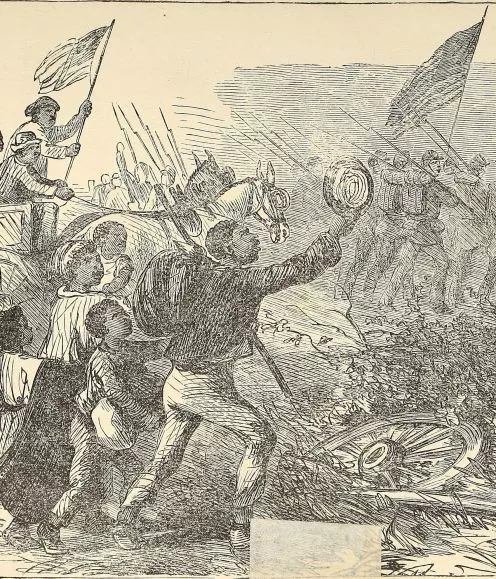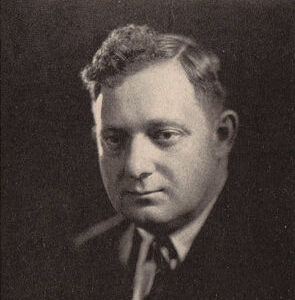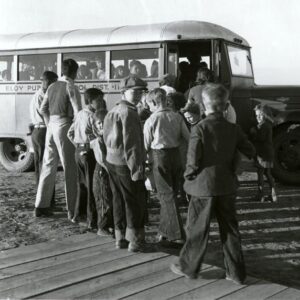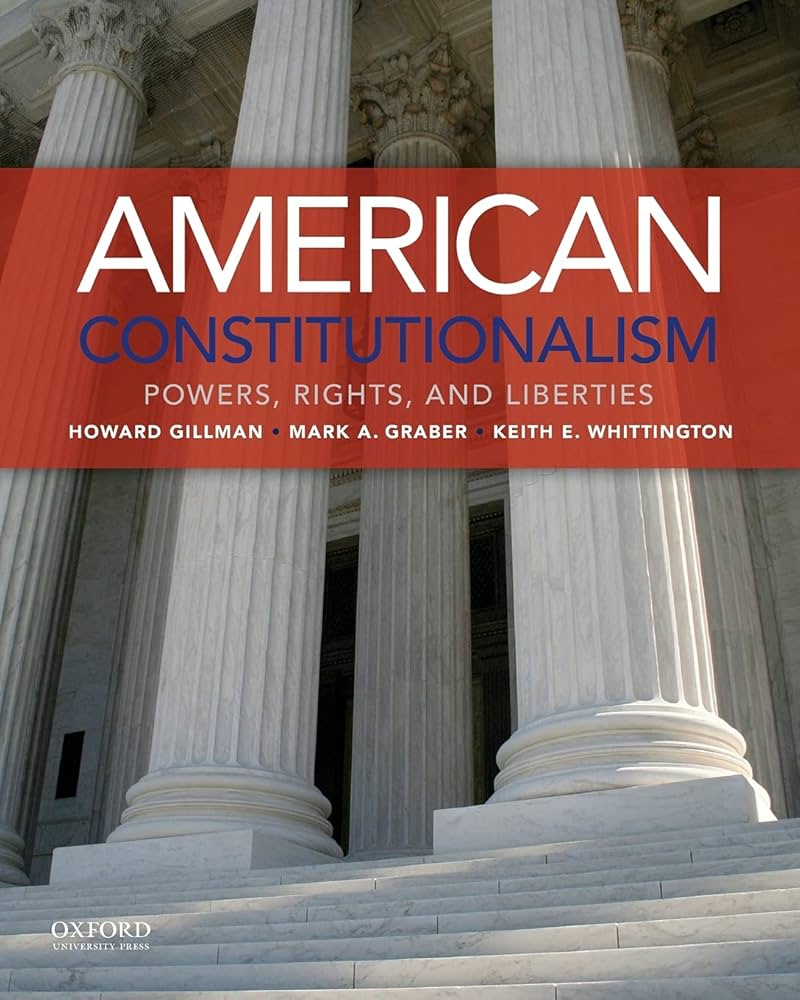
The Fourteenth Amendment: history, ratification, and reaction
The Fourteenth Amendment was adopted in 1868.
History, ratification, and reaction
The amendment granted citizenship to those born or naturalized in the United States and guaranteed freedom, due process, and equal protection under the law to all Americans. In doing so, it expanded the scope of the Constitution’s protection of individual liberty; now the Constitution protected rights not only from infringement by the federal government but from infringement by state and local governments as well.
The Fourteenth Amendment’s ratification generated some controversy for a time, particularly from legal scholars of the South who claimed that the amendment was invalid because of its ratification process. Despite withdrawing their approval of the amendment, two states (Ohio and New Jersey) were counted as ratifiers of the amendment. Aware of this difficulty, Secretary of State Seward waited until Alabama and Georgia had additionally ratified before officially certifying the Fourteenth Amendment on July 28. Southerners still argued that the amendment was invalid, however, because the beaten southern states, then ruled by federal military commissions, were forced to ratify the amendment in order to regain their full legal status.
Since the 1860s, all of the originally dissenting states have approved the Fourteenth Amendment, putting to rest any question of its legal status. A number of landmark Supreme Court cases have relied on Section 1’s provisions for due process, equal protection, and privileges and immunities for all U.S. citizens.
Resources on the Fourteenth Amendment
A collection of resources recognizing this important piece of American law.
All persons born or naturalized in the United States, and subject to the jurisdiction thereof, are citizens of the United States and of the state wherein they reside. No state shall make or enforce any law which shall abridge the privileges or immunities of citizens of the United States; nor shall any state deprive any person of life, liberty, or property, without due process of law; nor deny to any person within its jurisdiction the equal protection of the laws.
Relevant cases
Gitlow v. New York (1925)
Prior to the Fourteenth Amendment, the Bill of Rights applied only to the federal government, and did not restrict state legislatures.

In Gitlow, the Supreme Court decided that the Fourteenth Amendment extended the freedom of speech and press provisions in the Bill of Rights to apply to the individual states.
During the first Red Scare in the wake of World War I, Benjamin Gitlow was charged under New York’s “Anarchy Law of 1902” for publishing a “Left Wing Manifesto” in a socialist newspaper.
The court upheld Gitlow’s conviction, with vigorous dissents from Justice Brandeis and Justice Holmes, but in doing so ruled that the case fell under federal authority.
Cantwell v. Connecticut (1940)

In Cantwell v. Connecticut, the Court applied the Free Exercise Clause to state and local government for the first time. Prior to the Fourteenth Amendment, constitutional rights, such as those enumerated in the Bill of Rights, applied only to the federal government.
In the Cantwell decision, the Free Exercise clause from the First Amendment was “incorporated” into the Court’s understanding of the protections guaranteed by the Fourteenth Amendment against both federal and state authority.
Representatives shall be apportioned among the several states according to their respective numbers, counting the whole number of persons in each state, excluding Indians not taxed. But when the right to vote at any election for the choice of electors for President and Vice President of the United States, Representatives in Congress, the executive and judicial officers of a state, or the members of the legislature thereof, is denied to any of the male inhabitants of such state, being twenty-one years of age, and citizens of the United States, or in any way abridged, except for participation in rebellion, or other crime, the basis of representation therein shall be reduced in the proportion which the number of such male citizens shall bear to the whole number of male citizens twenty-one years of age in such state.
Everson v. Board of Education (1947)
The Court examined whether a New Jersey law allowing reimbursements to parents who sent their children on buses operated by the public transportation system to public and private schools, including parochial Catholic schools, was indirect aid to religion and thus a violation of the Establishment Clause of the First Amendment.

In a 5-4 decision, the Court ruled that the law was constitutional because the transportation reimbursements were provided to all students regardless of religion. Also, the reimbursements were made directly to parents and not to any religious institution.
This case also applied the Establishment Clause to the actions of state governments.
Commentary and articles from JMC Scholars
The impact of the Fourteenth Amendment

Justin Dyer, “Constitutional Confusion: Slavery, Abortion, and Substantive Constitutional Analysis.” (American Journal of Economics and Sociology76.1, 2017)
Rogers Smith, “Birthright Citizenship and the Fourteenth Amendment in 1868 and 2008.” (University of Pennsylvania Journal of Constitutional Law 11, 2009)
Keith E. Whittington (co-author), American Constitutionalism: Powers, Rights, and Liberties. (Oxford University Press, 2014) TEXTBOOK
Keith E. Whittington, “Congress Before the Lochner Court.” (Boston University Law Review 85.3, 2005)
Michael Zuckert, “Completing the Constitution: The Fourteenth Amendment and Constitutional Rights.” (Publius 22.2, Spring 1992)
Michael Zuckert, “Congressional Power under the Fourteenth Amendment.”(Constitutional Commentary 3.123, 1986)
Michael Zuckert, “The Fourteenth Amendment.” (Federalism in America: An Encyclopedia, Greenwood Press, 2005)
No person shall be a Senator or Representative in Congress, or elector of President and Vice President, or hold any office, civil or military, under the United States, or under any state, who, having previously taken an oath, as a member of Congress, or as an officer of the United States, or as a member of any state legislature, or as an executive or judicial officer of any state, to support the Constitution of the United States, shall have engaged in insurrection or rebellion against the same, or given aid or comfort to the enemies thereof. But Congress may by a vote of two-thirds of each House, remove such disability.
Reconstruction
Commentary and articles from JMC Scholars
The validity of the public debt of the United States, authorized by law, including debts incurred for payment of pensions and bounties for services in suppressing insurrection or rebellion, shall not be questioned. But neither the United States nor any state shall assume or pay any debt or obligation incurred in aid of insurrection or rebellion against the United States, or any claim for the loss or emancipation of any slave; but all such debts, obligations and claims shall be held illegal and void.
Commentary and articles from JMC Scholars
Incorporation
Vincent Phillip Muñoz, “The Original Meaning of the Establishment Clause and the Impossibility of Its Incorporation.” (University of Pennsylvania Journal of Constitutional Law 8.4, 2006)
George Thomas, “The Riddle of the Fourteenth Amendment: A Reply to Professor Wildenthal.” (Ohio State Law Journal 68, 2007)
The Equal Protection Clause
Rogers Smith, “‘Black’ and ‘White’ in Brown: Equal Protection and the Legal Construction of Racial Identities.” (Issues in Legal Scholarship 2.1, 2003)
Rogers Smith, “Equal Protection Remedies: The Errors of Liberal Ways and Means.”(Journal of Political Philosophy 1.3, 1993)
The Due Process Clause and Privileges or Immunities Clause
Commentary and articles from JMC fellows
The Congress shall have power to enforce, by appropriate legislation, the provisions of this article.
